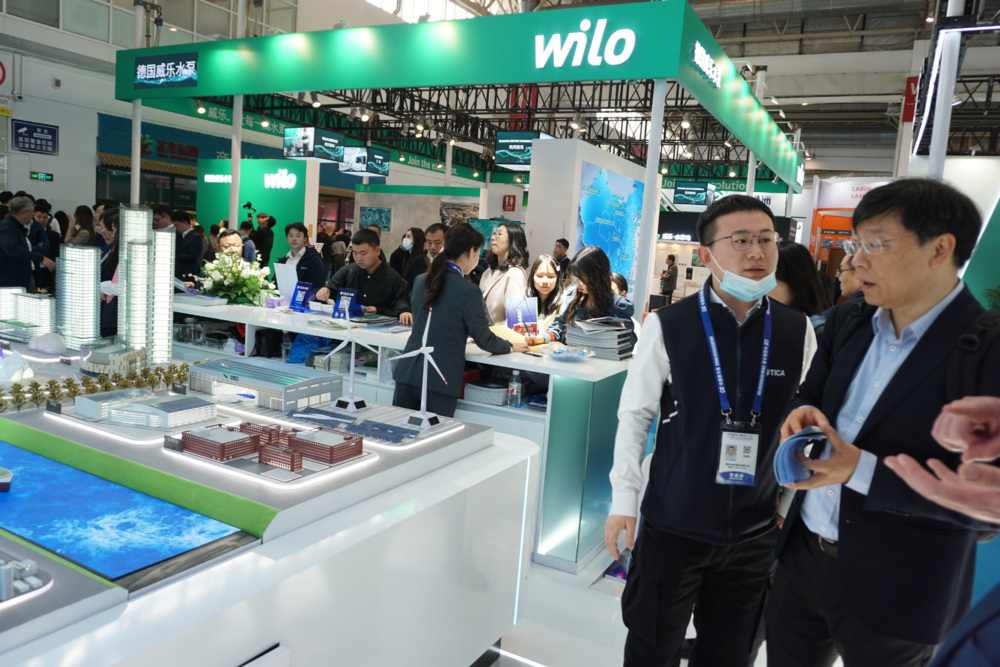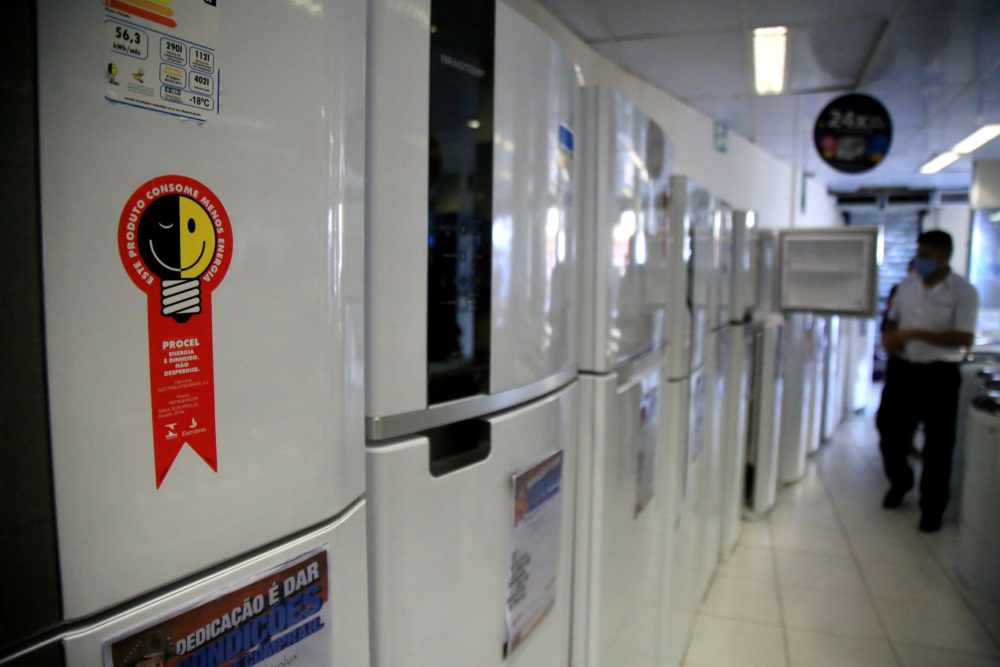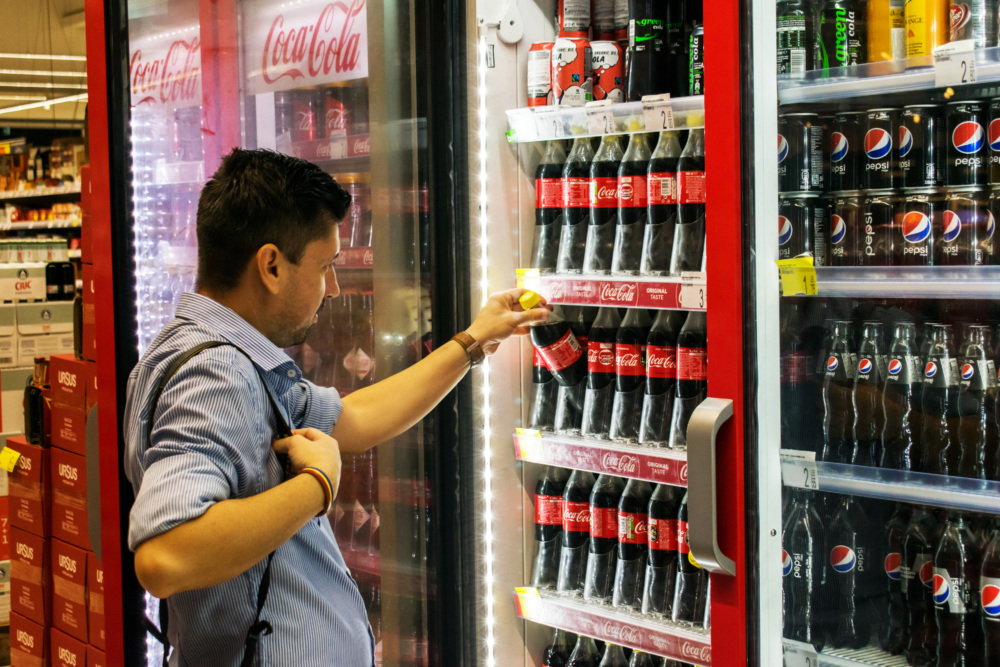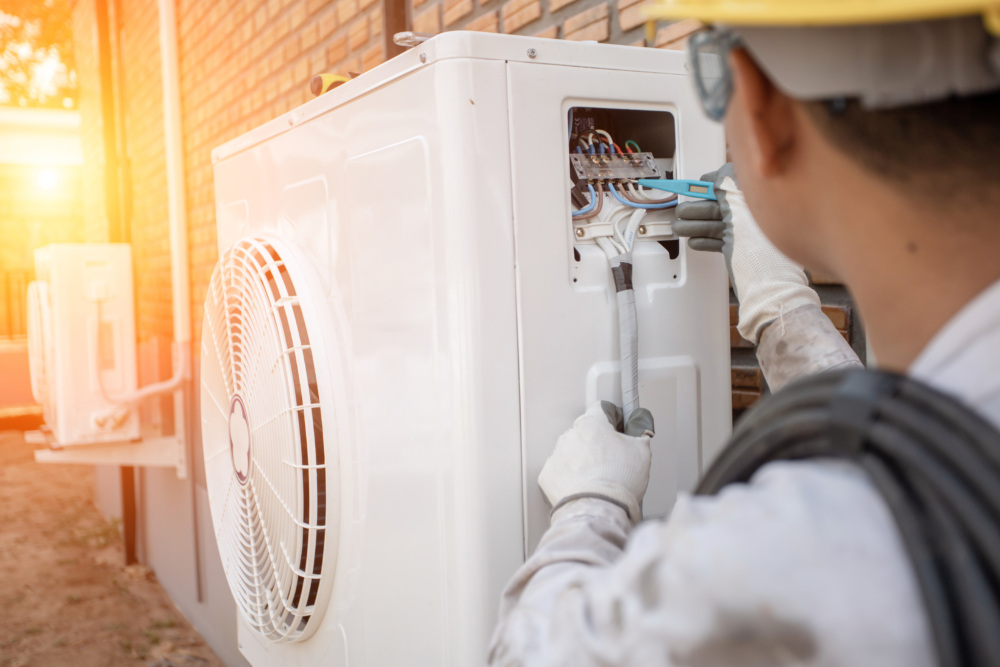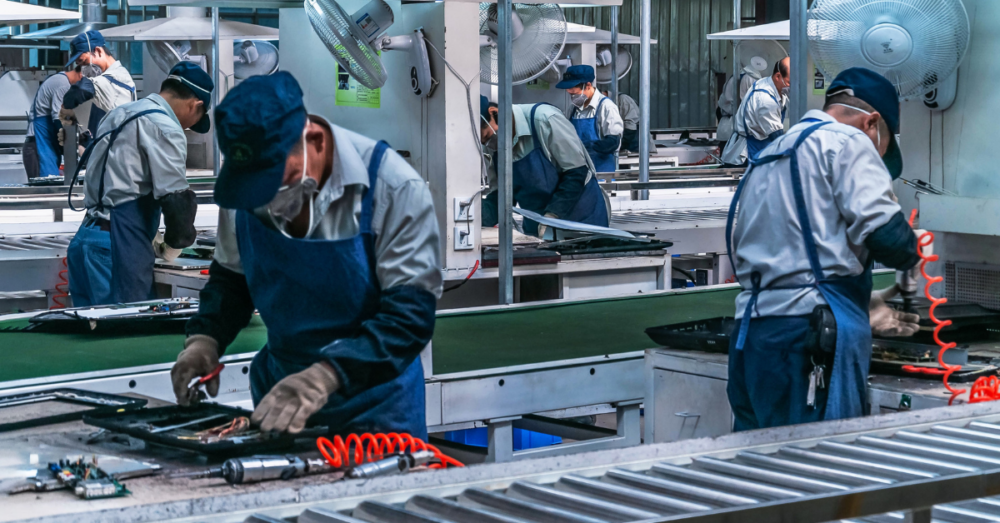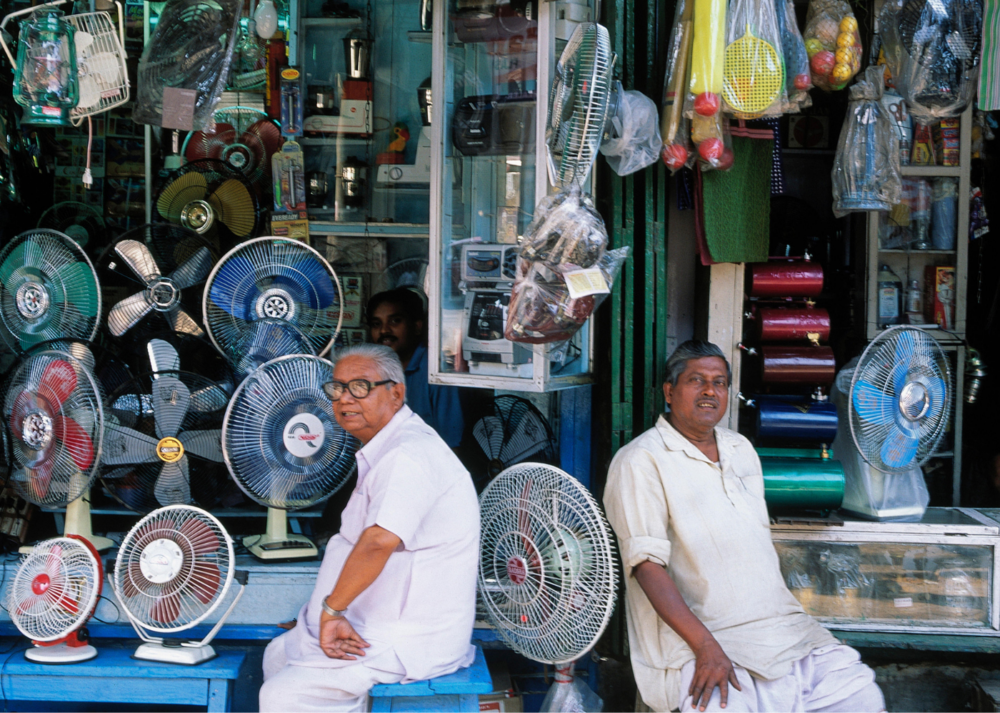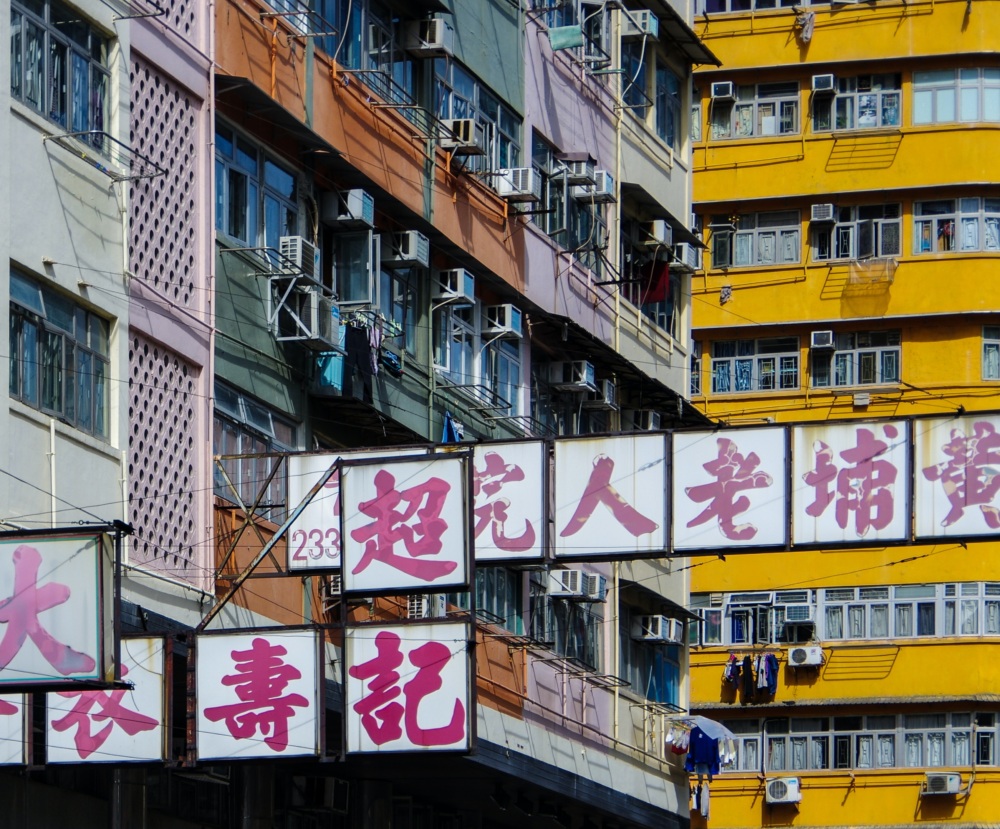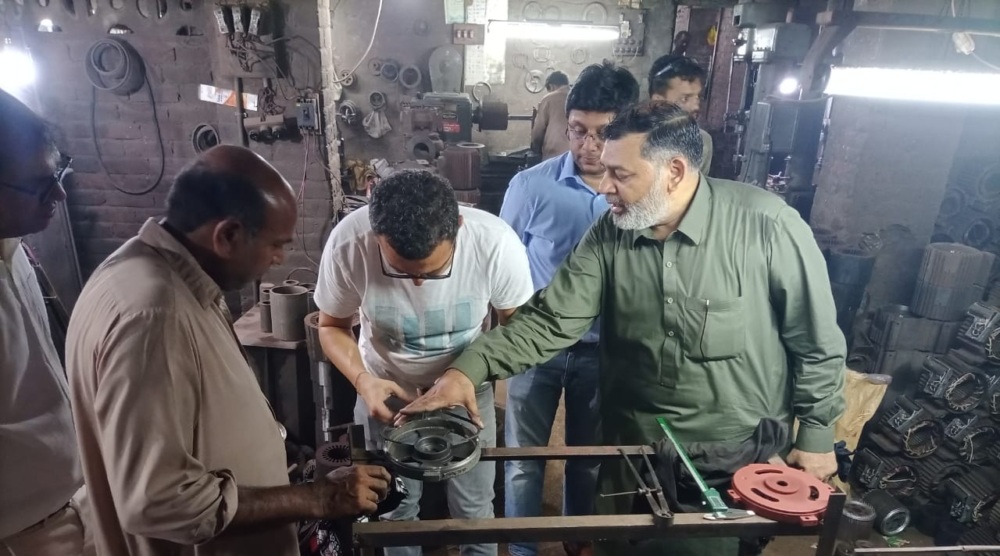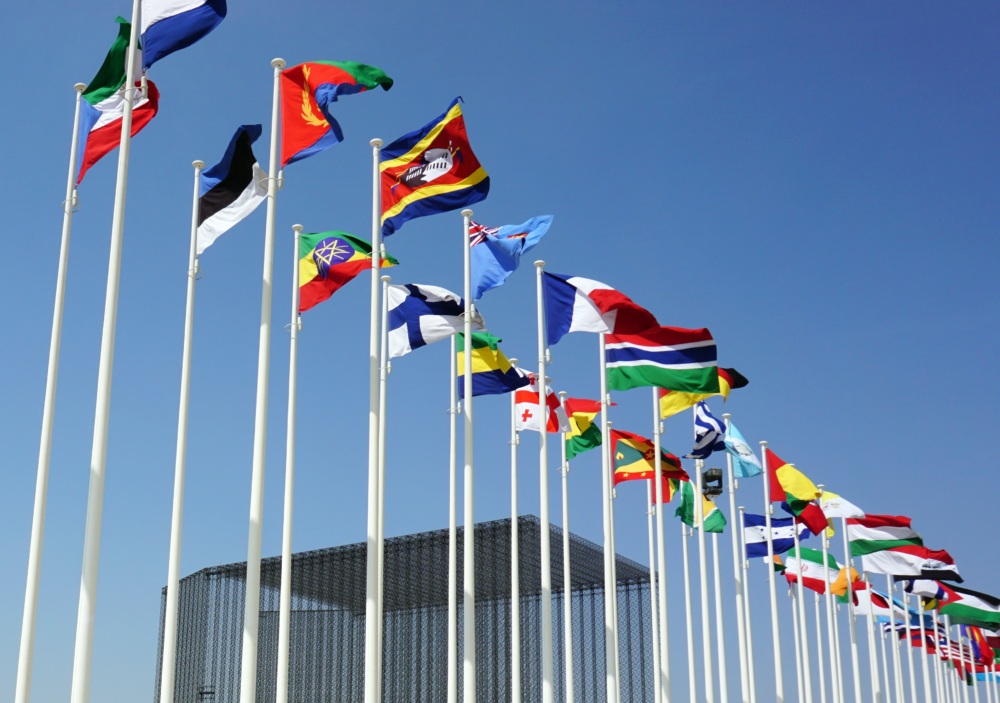East Africa Adopts New Policies for Quality and Efficient Lighting
By adopting these technology-neutral MEPS, the East African Community are progressing toward more energy-efficient lighting solutions.
Across sub-Saharan Africa, households face increasingly frequent blackouts and rising electricity costs due to overburdened national grids. Since 2018, CLASP has supported UNIDO’s EELA project to accelerate the transition to more energy-efficient appliances in East and Southern Africa.
Efficient electricity use in homes, businesses and public facilities in these regions is one of the fastest and cheapest ways to accelerate sustainable development. CLASP has offered technical support to the Energy Efficient Lighting and Appliances (EELA) Project to support the development of vibrant markets for energy-efficient lighting and appliances across East and Southern Africa. Through the project, the East African Community (EAC) recently adopted two new lighting standards:
- EAS 1064-1:2022, Lighting Products – Minimum Energy Performance Standard (MEPS) – Part 1 – Lamps (1st Edition) covering energy efficiency and functional performance requirements, sampling and test methods for general service and tubular lamps.
- EAS 1064-2:2022, Lighting Products – Minimum Energy Performance Standard – Part 2 – Luminaires (1st Edition) covering energy efficiency and functional performance requirements, sampling and test methods for ambient luminaires and outdoor/streetlight luminaires.
“Our work in EAC and SADC demonstrates that these regions are ready to transition to higher-efficiency lighting. This shift will ensure people and businesses have access to longer-lasting, cost-saving lighting solutions, in line with international best practices,” said Michael Scholand, Senior Advisor at CLASP.
By adopting these technology-neutral MEPS, the EAC is joining regions like Europe, which have increased efficiency requirements for domestic light sales. The EAC will therefore protect their markets from environmental dumping of inefficient, low-quality lighting products banned elsewhere.
Mercury-containing fluorescent bulbs do not meet the efficacy requirements of the new MEPS; therefore, the region will accelerate the transition to more energy-efficient, mercury-free LEDs. This transition will:
- Increase household and business cost saving on electricity bills;
- Support grid reliability by reducing the energy burden from lighting; and
- Spur local investment in LED assembly and export for regional markets.
Following the gazettement of the two standards on 1 July 2022, EAC partner states are required to adopt them within six months and must withdraw any existing national standards with a similar scope. Through the Clean Lighting Coalition, CLASP will continue to support regions around the world to phase out fluorescents in favour of efficient LEDs.
Learn more about the EELA project.

